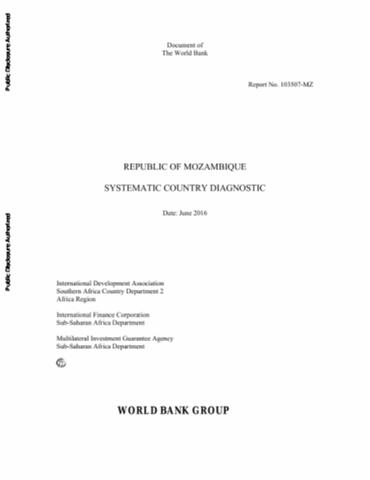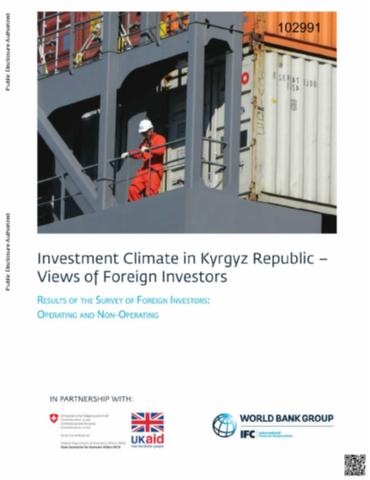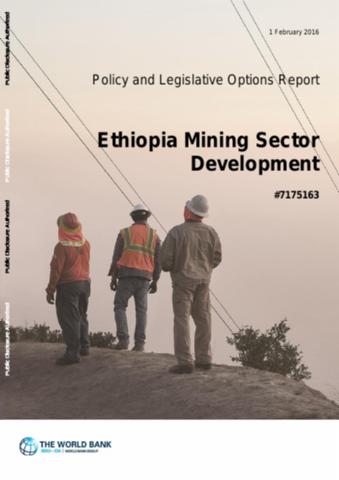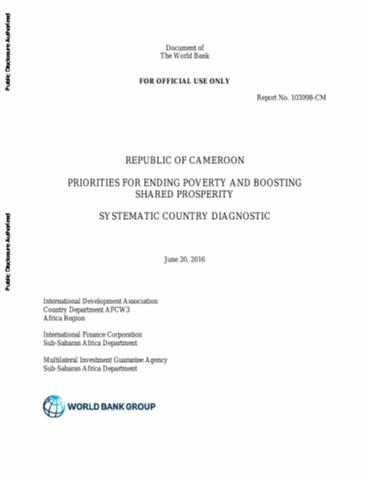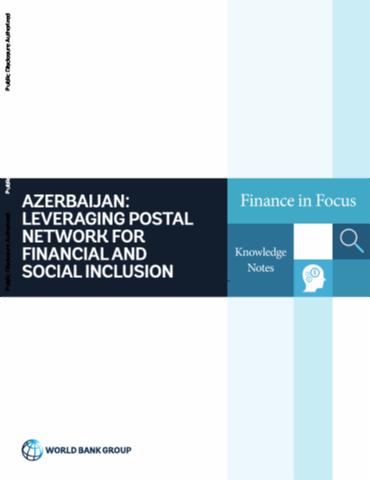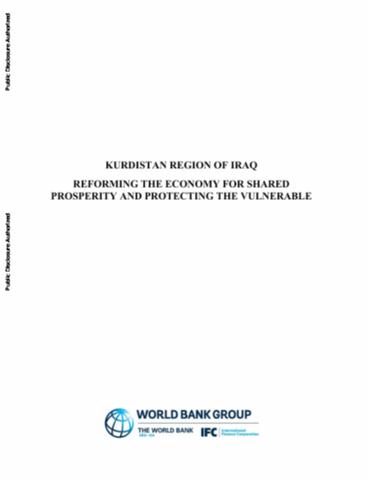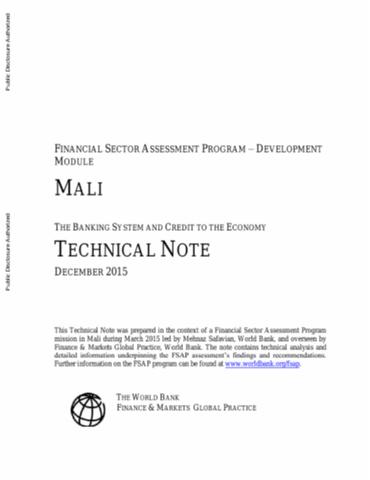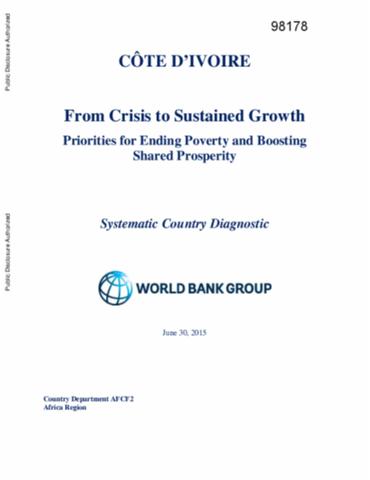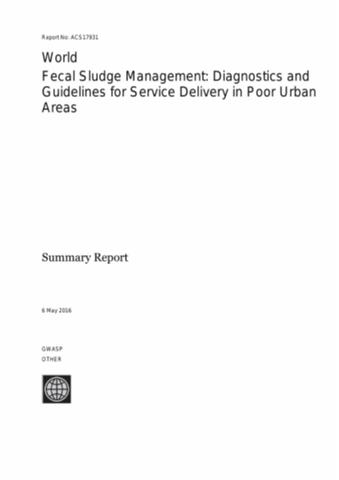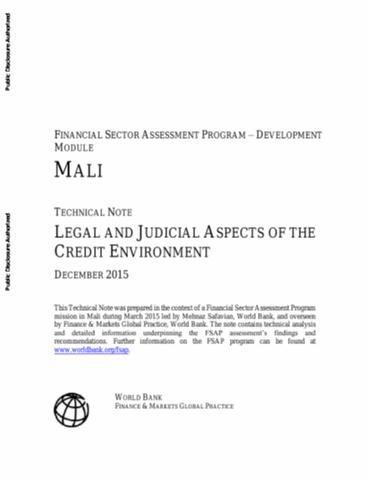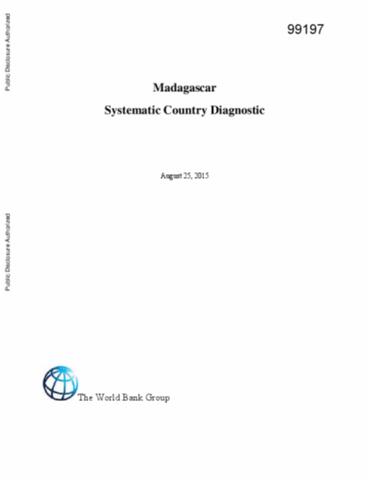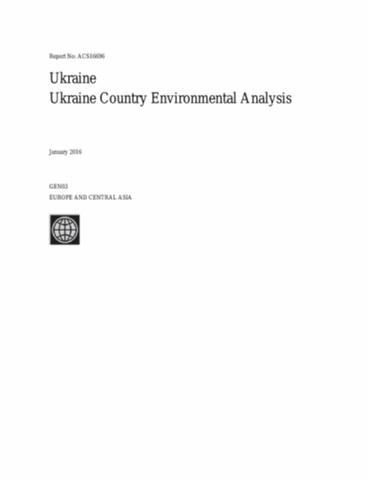Republic of Mozambique
This Systematic Country Diagnostic (SCD) is designed to assess the key constraints and opportunities facing Mozambique as it strives to sustain robust growth and macroeconomic stability while accelerating poverty reduction and promoting greater economic inclusiveness. The SCD is organized into six chapters. Chapter two describes the evolution of poverty and inequality, explores their regional and demographic dimensions, and identifies strategies for accelerating poverty reduction.

